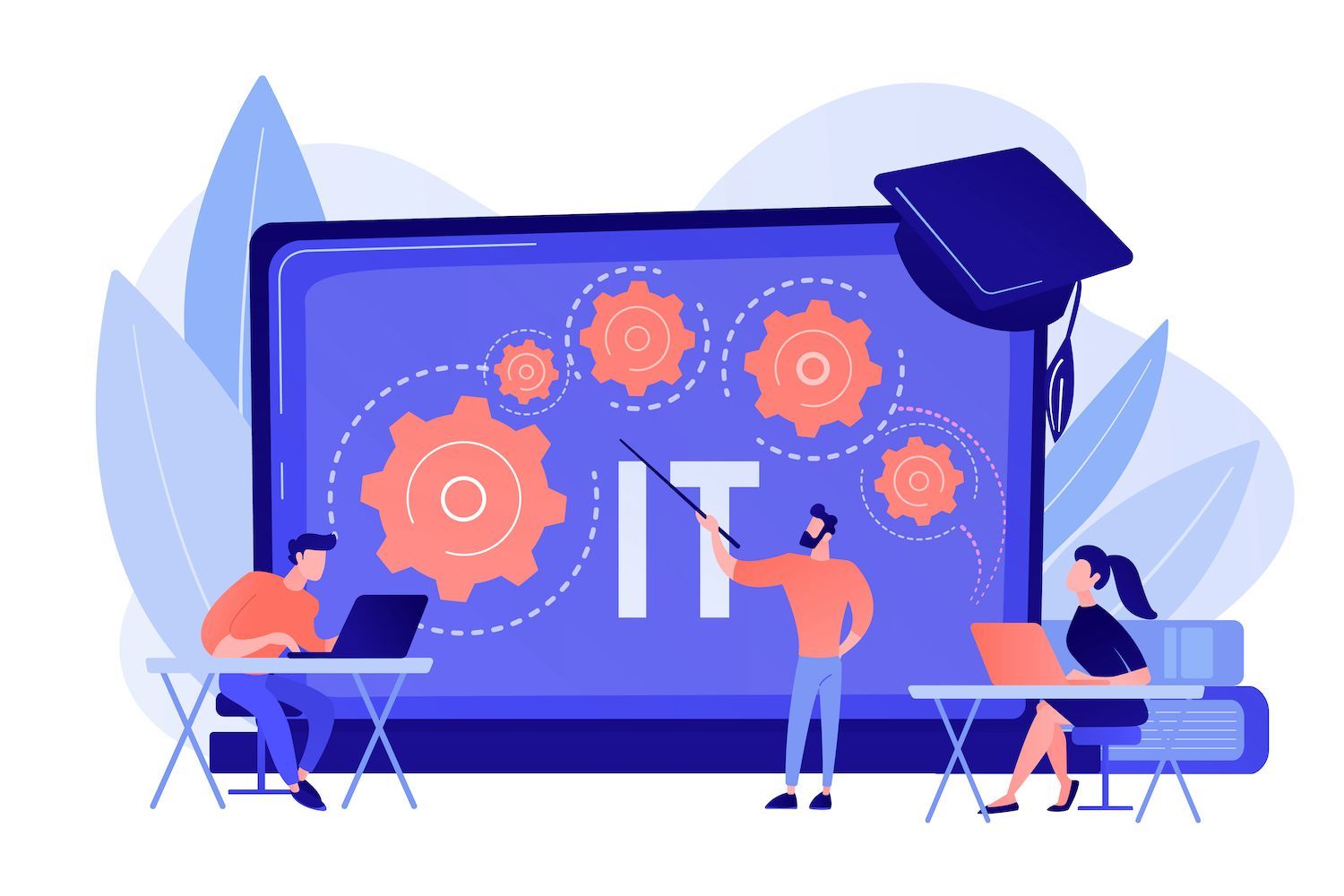Micro-Learning's Meteoric Growth

Recently, there's been an increase in discussions about the concept of micro-learning. In particular, the demand for micro-learning has risen.
But what is micro-learning?
Micro-learning is the name that refers to the restructuring of educational programs into several smaller courses and not just the traditional one-class.
Certain instructors have done this throughout the years, through "chunking" of material within their courses. Micro-learning shares a similar idea, but typically contains smaller (micro) sections.
There's a myriad of factors that have led to an increase in demand for this particular type of service. Technology advancements are among the major reasons, however it's not just the technology , but lifestyle choices that technological advancements have influenced.
People are looking for concise and useful data. With the multitude of applications and applications trying to grab our attention, an efficient and clear information is desired.
In the perspective of employees, Micro-learning could be beneficial for employees as it allows employees to learn a skill that can be immediately made use of and won't consume too much time. In addition, learners are more confident in their education because the material they learn can be broken into smaller pieces.
Reduced costs and rapid understanding acquisition that micro-learning offers is the reason why this is the best choice for business.
It is possible to provide sales staff with on-demand, bite-sized training will improve their skills and increase their confidence in the knowledge of their product (or service) information faster than conventional classroom training.
While micro-learning does have many advantages but it's crucial to be aware that it should not be used in every situation.
The effectiveness of any online learning program is based on a thorough analysis of primary objectives as well as the target audience. In the case of a particular situation micro-learning may not be the most effective way to learn. It is possible that traditional live-learning, e-learning and an amalgam of both would be the ideal choice for the particular course's content.
However, even if you're using conventional methods, you might encounter situations in where you can use micro-learning to your advantage.
The best way start is to identify the key aspects of learning from your current information and then design your individual mini-courses. This will give you concrete feedback on which content will be the most beneficial that you will integrate into your next class.
Can micro-learning take over e-learning as that we currently have? Not likely, however the usage of micro-learning could rise in light of the current "app society".
Reference HTML0 AllenComm
The post was published on here
This post was first seen on here
